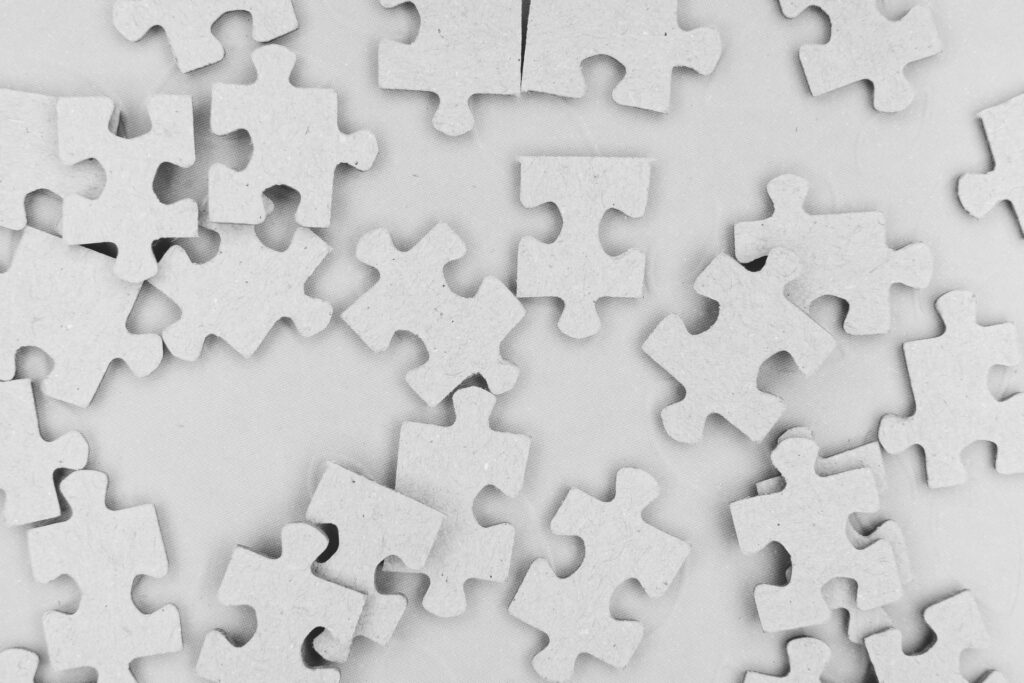
People are generally wired up to see problems in their life and around them and then to try to find the solution to solve the problems.
We men seem to be especially geared for this type of activity. It has been said many times that it is in our DNA.
And women often complain about this because although they do want problems to be solved, women tend to handle problems and finding the solutions in different ways then we men seem to.
As a simple way to describe the difference between how men and woman handle problems differently, men seem to take a more direct approach to solving problems. Men generally look at a problem and ask themselves what needs to be done now, to fix this. Men seem to come from the angle of, okay, there is a problem, how can it be fixed so that I can make the problem go away?
Women seem to take a more holistic approach by taking more time to getting to the solution as they tend to explore options and consider the “whole. big picture”.
Yes, generally speaking, men and woman handle and solve problems differently. Nonetheless, problems do need to be solved and perhaps we can learn a little from each other on how we can handle problems, especially where there is mixed company that needs to work together on the solution to solve a problem.
Finding a better way to deal with problems. Follow the following five helpful lessons to better tackle problems.
As humans, men, woman and everyone in between, we are prone to many different negative happenings during our day. Things happen and come up that we may not have been expecting, something that we may have forgotten about, and all of the other of the multitude of things that can happen on a daily basis that can throw us off “our game”.
It might be as simple as getting the wrong coffee at your café or something as major as losing a job. For the majority of the problems we face every day, we can move on from the moment. However, there are other moments that cannot be let go or solved on the spot. Not because we do not want to find the solution, but, because at that time, at that moment, we do not have the answer right then and there.
Try as we might, we cannot avoid problems. Problems will come up. The question is not if, but when. As Karl Popper, who was a 20th century philosopher of science, once quoted, “All life is problem solving.”
So, Let us look at some different ways to combat the same outcome over the course of the problem:
- Just Take A Break — If you simply can not have a calm discussion with someone, this is the time to get some air. Go to another room, or outside. By removing yourself from the situation, this allows your brain to process the argument and figure out a different approach. If you know that the person will not back down, simply end the conversation till later. This is especially important for a heated and emotional conversation. Our emotions will more often than not cloud our judgment. If all that we see is red, seeing a solution or a way-out is just that much harder.
Engineering professor Barbara Oakley quoted to the Mother Jones newspaper, “When you are focusing, you are blocking your access to the diffuse mode. The diffuse mode, it turns out, is what you often need to be able to solve an exceedingly difficult, new problem.”
- Keep A Journal — If the problem is more serious, try writing down the issue. Often, our brains have a hard time sorting through the feelings before even tackling the solution. Write down the why, what, when, etc. Add to each subtitle with more sensible ideas. Much like an outline you do for an essay in school. Get it all out on paper first. Then, go back and read each entry. Does it make sense? Does it seem like a better approach to ending the problem?
Getting your thoughts out of your head and on to a page acts like a purge for your mind. With the details that you have been pondering out of your head, you clear up space for your mind to be receptive to new details and information that just may help you to solve the problem.
Author Natalie Goldberg quoted, “Whether you’re keeping a journal or writing as a meditation, it’s the same thing. What’s important is you’re having a relationship with your mind.”
- Sleep On It — Some problems can not be solved in one day. By keeping yourself up worrying about it, not only is bad for your physical health but worse for your mental health. The National Institutes of Health estimates that up to 30 percent of the general population complain of sleep disruption. Compound that with an unresolved issue, and now you have not only the task of resolving the matter in question but your own poor health to deal with.
- Have A Chat — If the problem is not resolved and your feeling overwhelmed, sometimes voicing the problem is therapeutic. We men tend to retreat to a corner to mull over a bigger problem that we are trying to solve. There is no shame in asking for help or advice for finding a solution to our bigger problems. Call a friend, family, spouse, etc. Someone that is close to you that has some understanding of your personality, of who you are and maybe, who your are trying to become.
When we are emotionally tied to a problem, or possibly overwhelmed by it, it can be hard for us to take a step back and to see our own behaviors. By having a “third-party” hear the problem, it gives us that moment to release that anger or frustration and re-focus on the base of the problem more rationally.
- Tackle It Head On — This is the moment that your feeling strong enough emotionally to solve the problem. This might look like, “clearing the air” with the person that you feel has wronged you or getting up earlier everyday to find that new job because you must pay your bills.
Quite often once we actually start doing something about our problem, we get back some semblance of control. By being involved with the actions our mind lets go of the problem and focuses in what we are now doing to solve the problem.
When you push yourself to resolve the hurdle that is holding you back, we are rewarded with feelings of satisfaction, less anxiety and hopefully, once again feeling and being confidant in yourself.
Conclusion
As Albert Einstein eloquently summed it up, “We can not solve our problems with same level of thinking that created them.” Some problems will need a new or different approach for them to be solved.
By trying different things we allow ourselves to develop and grow new skills to be able to manage difficult situations. The more that you grow your problem-solving toolkit the better equipped that you will be to be able to handle new and different problems that will come up in your life.
With practicing and utilizing these tips their use will not only assure a more easily solved conclusion, but your mental health will thank you, making you feel a little more in control and everyone around you feeling better.
Be A Man – Do The Right Thing. Find And Use New And Different Ways To Solve Life’s Problems.
BAM!!! Be A Man! Do The Right Thing.
Be the DtRTy Guy!
